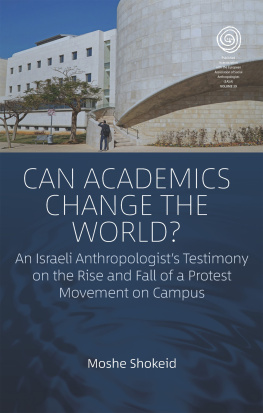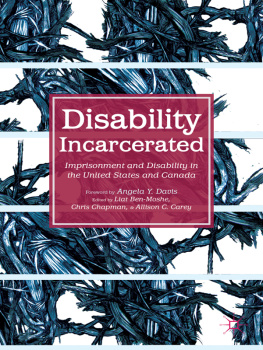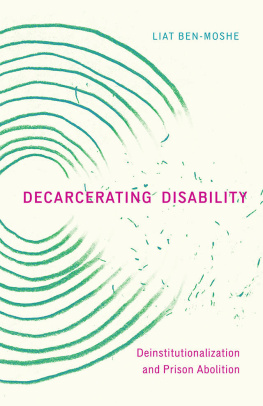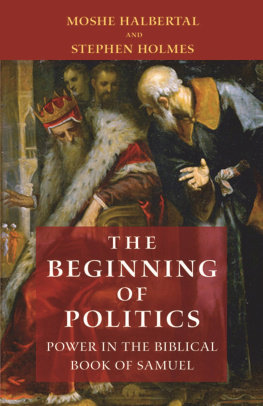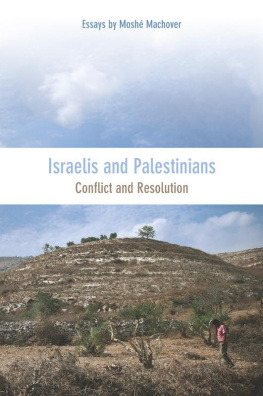Second edition published 1996 in Great Britain by
FRANK CASS & CO. LTD.
2 Park Square, Milton Park,
Abingdon, Oxon, OX14 4RN
and in the United States of America by
FRANK CASS
270 Madison Ave, New York NY 10016
Transferred to Digital Printing 2006
Copyright 1988, 1996 Moshe Shemesh
First published 1988
Second edition 1996
British Library Cataloguing in Publication Data
Shemesh, Moshe
The Palestinian entity, 19591974 : Arab politics and the PLO. 2nd rev. ed.
1. Munazzamat al-Tahrir al-Filastiniyah 2. IsraelArab conflicts 3. Palestinian Arabs Politics and government
4. Lebanon History 19461975
I. Title
956.94052
Library of Congress Cataloging in Publication Data
A catalog record for this book is available from the Library of Congress
ISBN 0 7146 3281 3 (hbk)
ISBN 0 7146 4253 3 (pbk)
All rights reserved. No part of this publication may be reproduced in any form or by any means, electronic, mechanical, photocopying, recording or otherwise, without the prior permission of Frank Cass and Company Limited.
Publisher's Note
The publisher has gone to great lengths to ensure the quality of this reprint but points out that some imperfections in the original may be apparent
To the memory of my father, Yosef
Preface
The issue of Palestinian representation cannot be separated from the question of the Palestinian Entity. The new Palestinian national awakening which began in the late 1950s and early 1960s was directly related to developments in the Arab and Palestinian arenas over the course of the ArabIsrael conflict. Research on the question of the Palestinian Entity without a thorough investigation of the Arab background, and the Arab position regarding the conflict, is like a tree without roots. Scholars on the subject, Palestinian and non-Palestinian alike, tend to view the situation from an ethnocentric perspective which presents the Palestinian position and achievements regarding representation of the Palestinians and the Palestinian Entity in specific relation to Palestinian national awakening. This, they suggest, actively imposed itself upon the Arab world and consequently brought about changes in both Arab and international positions. This study attempts to examine the Palestinian Entity in an integrated fashion, investigating the complex mutual influences of the developments in the Arab arena, the ArabIsrael conflict and the idea of the Palestinian Entity. In this context it specifically examines the commitment of the Arab world to the Palestinian national movement in relation to the movements dependence on the Arab position and on continued Arab support.
The Arabic word kiyan in its political context, corresponds to the word entity in English. The word kiyan appears in Arabic with the meaning of existence, being, or nature. In spoken Arabic it is used as state or status.
The term Palestinian Entity is relatively new in ArabPalestinian politics and in the vocabulary of the ArabIsrael conflict. The term was first discussed in Arab institutions and inter-Arab forums as early as 1959. This term has had unique political meanings relating to the Palestinian cause, namely: the political organization of the Palestinian people, independent Palestinian political status, or the establishment of representative institutions of the Palestinian people. The Arab states did not need the term Entity in the process of their independence; thus no such term as the Egyptian entity, the Syrian entity etc. was used. Nevertheless, I have borrowed the term Jordanian entity when I discuss the struggle for existence between the Palestinian Entity and the Jordanian entity to emphasize the essence of this struggle.
The term Palestinian personality arises in the discussion on the Palestinian Entity in the sense of preserving the elements of the Palestinian identity. The Palestinian National Charter, which was promulgated by Ahmad al-Shuqayri and approved by the Jerusalem Palestinian Congress of 1964, and revised in 1968, elucidates the term: The Palestinian personality is an innate, persistent characteristic that does not disappear, and it is transferred from father to sons. The Palestinians are the Arab citizens who were living permanently in Palestine until 1947 whether they were expelled from there or remained. Whoever was born to a Palestinian father after this date within Palestine or outside is a Palestinian. This definition even applied to Palestinians who left Palestine for Jordan or those residents of the West Bank who accordingly remained Palestinian even though they were granted Jordanian citizenship.
Thus the term Palestinian personality is encompassed in the term Palestinian Entity and constitutes an integral part of it. The emphasis on the Palestinian personality was mainly a reaction to the efforts to assimilate the Palestinians in Jordan and grant them Jordanian citizenship, and to the suggestions or plans to settle them in the Arab countries.
There has not been an accurate definition of the term Palestinian Entity. Different components and interpretations were given to it by various Arab states and the Palestinians themselves, in accordance to their perceptions and political views, the political situation in the Arab arena and the developments in the ArabIsrael conflict. During the inter-Arab discussions on the subject a number of notions were raised such as: elected institutions e.g. national congress and elected executive, Palestinian republic, government-in-exile, and Palestinian state. The establishment of these institutions was viewed as the realization or the revival of the Palestinian Entity. In the beginning, Jordan strongly and effectively rejected the idea and its implementation. Today the acceptable interpretation of the term is: the creation of a Palestinian state in the West Bank and the Gaza Strip as an ultimate aim or as the first stage towards the establishment of a Palestinian state on all the territory of Palestine.
The need for the terms Palestinian Entity or the revival of the Palestinian Entity derived from the political, social and demographic conditions of the Palestinians in the wake of the ArabIsrael war of 1948. Following this war the name Palestine or Filastin disappeared from the political and the geographical maps of the region. The eastern part of Palestine, which was conquered by the Arab Legion, was formally annexed to Jordan in April 1950 and became the West Bank of the Hashemite Kingdom of Jordan. The inhabitants of the West Bank and the Palestinian refugees who arrived in the Kingdom became Jordanian citizens.
The other part of Palestine which was occupied by the Egyptians was not annexed to Egypt and was described as the Gaza Strip. It was administered by a military government first headed by a Military Governor and after that by an Administrative Governor, a senior officer who until 5 June 1967 was appointed by the Minister of War and later, by the President. The military administration of the Gaza Strip was subordinate to the Ministry of War. The Palestinian residents of the Gaza Strip were granted a special identity card indicating their Palestinian origin. The Palestinians who went to other countries, e.g. Kuwait, Iraq, and Saudi Arabia, were granted the status of Palestinian refugees.




